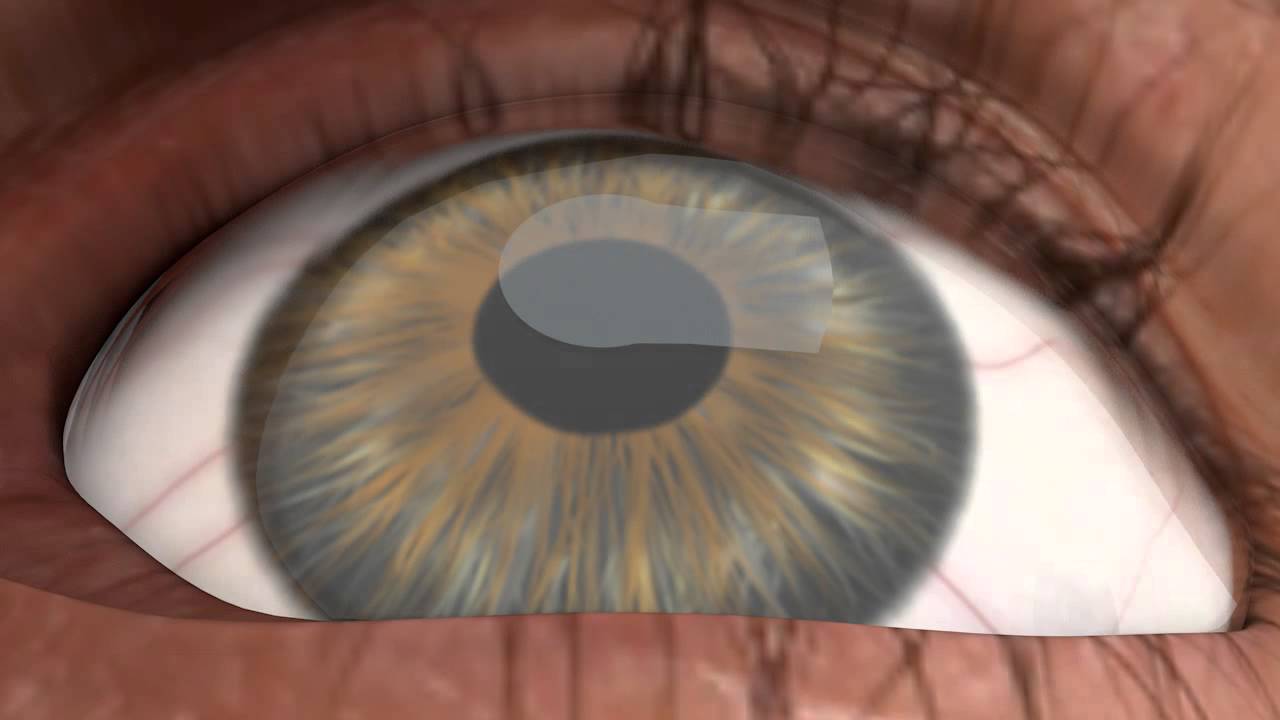IcoLens
The Institute of Optometry (FHNW) is involved in several projects for the development of intra-corneal lenses created by Neoptics.
Background
Intra-corneal lenses, IcoLens, produced by Neoptics represent a modern alternative to reading glasses or multifocal contact lenses for correcting presbyopia. This project involves a number of activities and tasks.
Metrology of intracorneal lenses
The aim was to find a quick solution for the optical measurement of intra-corneal lenses, ensuring the dimensional accuracy and quality of the IcoLenses in accordance with QA standards. The NIMO-TR1504 device manufactured by Lambda-X was used and a software was developed that can summarise thousands of measurement points as a basis for analysis.
Finite element analysis (FEA)
A FEA was carried out to calculate the visual effect of the intra-corneal lens. This was necessary to understand the biomechanical interactions between the cornea and intra-corneal lens. Changes to the shape of the cornea caused by the intra-corneal lenses cause an intentionally modified visual effect.
Impact study
The suitability of the intra-corneal lens was tested in an impact study; this involved a variety of tasks:
- Defining the optometric examination methods for the selection of suitable subjects and lenses.
- Defining the study parameters/study protocol: determining the primary end point, statistical methods, power analysis
- Statistical analysis of study results, optometric interpretation and conclusions
Development of a nomogram
The findings of the impact study and other areas of the project are being consolidated into a "nomogram", which enables important parameters to be defined for intracorneal lens implantation.
Development of a specialised contact lens
A special contact lens is being developed in order to evaluate patient suitability before surgical intervention.
Project information
Client | Neoptics AG |
Implementation | |
Project team |

